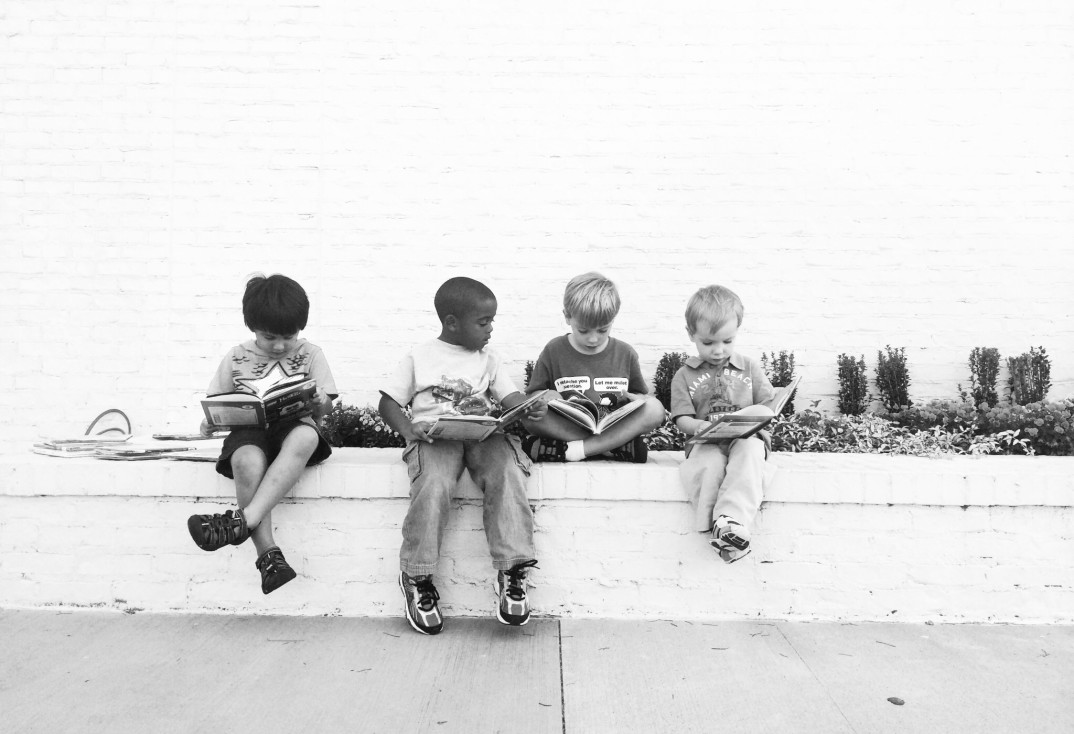Finding the Value of Work
“Choose a job that you like, and you will never have to work a day in your life”-Confucius
How many times have you heard this advice? I grew up thinking that the only career path I should pursue is one where I love the work that I am doing. While I still strive to find these positions, I believe that work has inherent worth and that finding a job you love is a luxury that the millennial generation sees as normalcy.
This is a timely matter to discuss with college graduations having just passed throughout the month of May. A trending conversation topic, there was a recent Opinion piece in the New York Times that discussed the inherent value of work and the millennial generation obsession with, “do what you love”. There is such a tone of entitlement in those words. What about a statement like, “work to earn a living that will make you comfortable?” Many of my family members previously or currently work in the service industry, in jobs where they work days and evenings and weekends just to pay bills and earn a week’s worth of vacation at the end of the year.
Are we devaluing that work in advising everyone to follow their passions professionally?
Service jobs, tough jobs, need doing. They are available, and they are a source of income. Doing what you love is not an accessible notion for those just trying to get by. It’s not even necessarily the best option for the more privileged demographic of college graduates. Why?
Several reasons. Doing what you love doesn’t always pay the bills. I don’t know of a job that exists that fulfills all of one’s passions. And just because you love something, doesn’t mean you want to work in that field. Trust me on this last one. I love the outdoors, but I quickly found that working in the environmental field turned my interests into an emotionally draining chore.
So, why do millennials follow the “do what you love” notion?
A recent study suggests that Generation-Y (I identify this as late teens to mid-twenties entering the work force) values job fulfillment over salary benefits and security. Since this generation is the first to grow up with the internet, they have been exposed to more of the world’s problems and strive to be a part of the movement that can solve them. There’s also the idea that instead of getting married and identifying themselves through hobbies and home life, millennials identify with their jobs and create communities around where they work and with whom they work.
At some point, we need to reassess our personal values when it comes to work. I know I’ve had to do this several times throughout my very early and brief professional career. Family is of the utmost importance to me, and someday I hope to provide economic stability and security to my parents and close relatives the way that they have done for me. Although I still search for jobs that are fulfilling, even more so, I eventually want a job that will reasonably pay off my student loans so that I can spend less time worrying about finances, and more time cultivating meaningful relationships.
In Professor Gordon Marino’s words from the NYT Op-ed, “sometimes we should do what we hate, or what most needs doing, and do it as best we can.”




